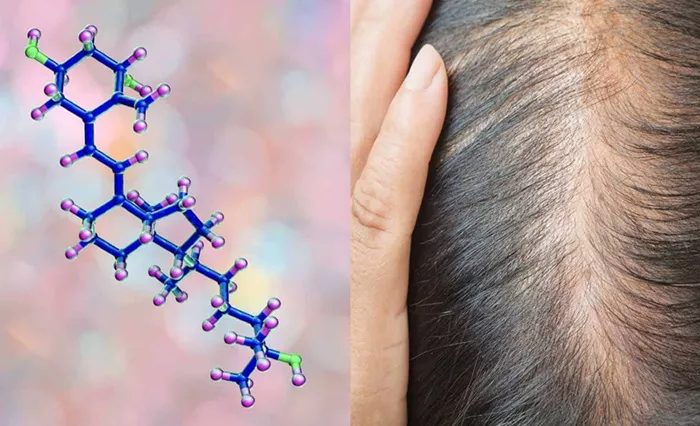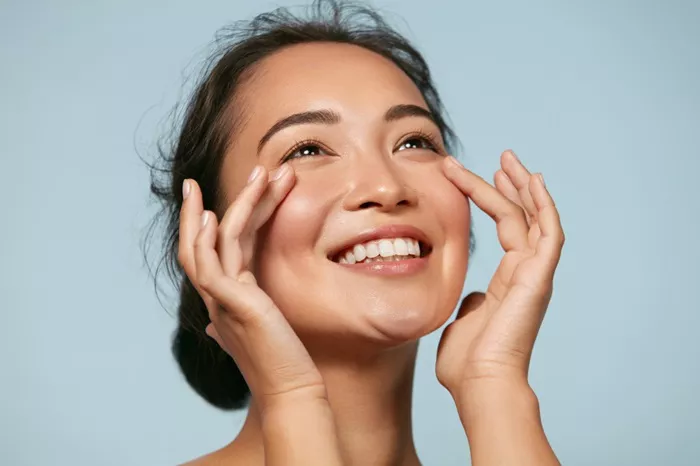Recent observations of increased hair loss can often lead individuals to ponder various causes, but one overlooked factor may be a deficiency in essential vitamins. A well-balanced diet rich in vital nutrients is crucial for maintaining strong, glossy, and healthy hair. If you find your hair looking lifeless or thinning, it might be time to reassess your nutritional intake.
According to Medical News Today, hair loss can result from various health issues, including alopecia areata, nutrient deficiencies, or side effects from medications. The treatment options available often depend on the underlying cause. To mitigate hair loss, avoiding heat styling tools and adopting healthy lifestyle practices may prove beneficial.
B vitamins, particularly biotin (also known as B7), play a significant role in numerous bodily functions, including cell division and energy conversion. As noted by Verywell Health, a deficiency in biotin can lead to increased hair shedding and loss, and supplementation may help in reversing this condition.
The hair growth cycle consists of four distinct phases, as outlined by health experts:
Anagen Phase: Growth
Catagen Phase: Transition
Telogen Phase: Rest
Exogenous Phase: Hair release
Furthermore, it’s important to consume adequate amounts of vitamin A for healthy skin and hair. However, excessive intake through retinoid treatments or over-supplementation can lead to unintended consequences, such as hair loss.
Health professionals emphasize the importance of consulting a healthcare provider before starting any supplement regimen. This is particularly critical for fat-soluble vitamins like A, D, K, and E, which can accumulate in the body and potentially reach toxic levels.
Related Topics
Exercise: A Key to Preventing Dementia, Experts Assert
Harnessing Breathwork: A Path to Stress Relief and Mental Clarity
Simple Dietary Change Could Enhance Nutrient Intake and Health


































